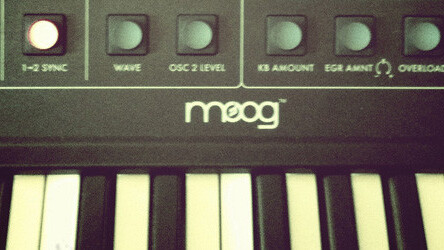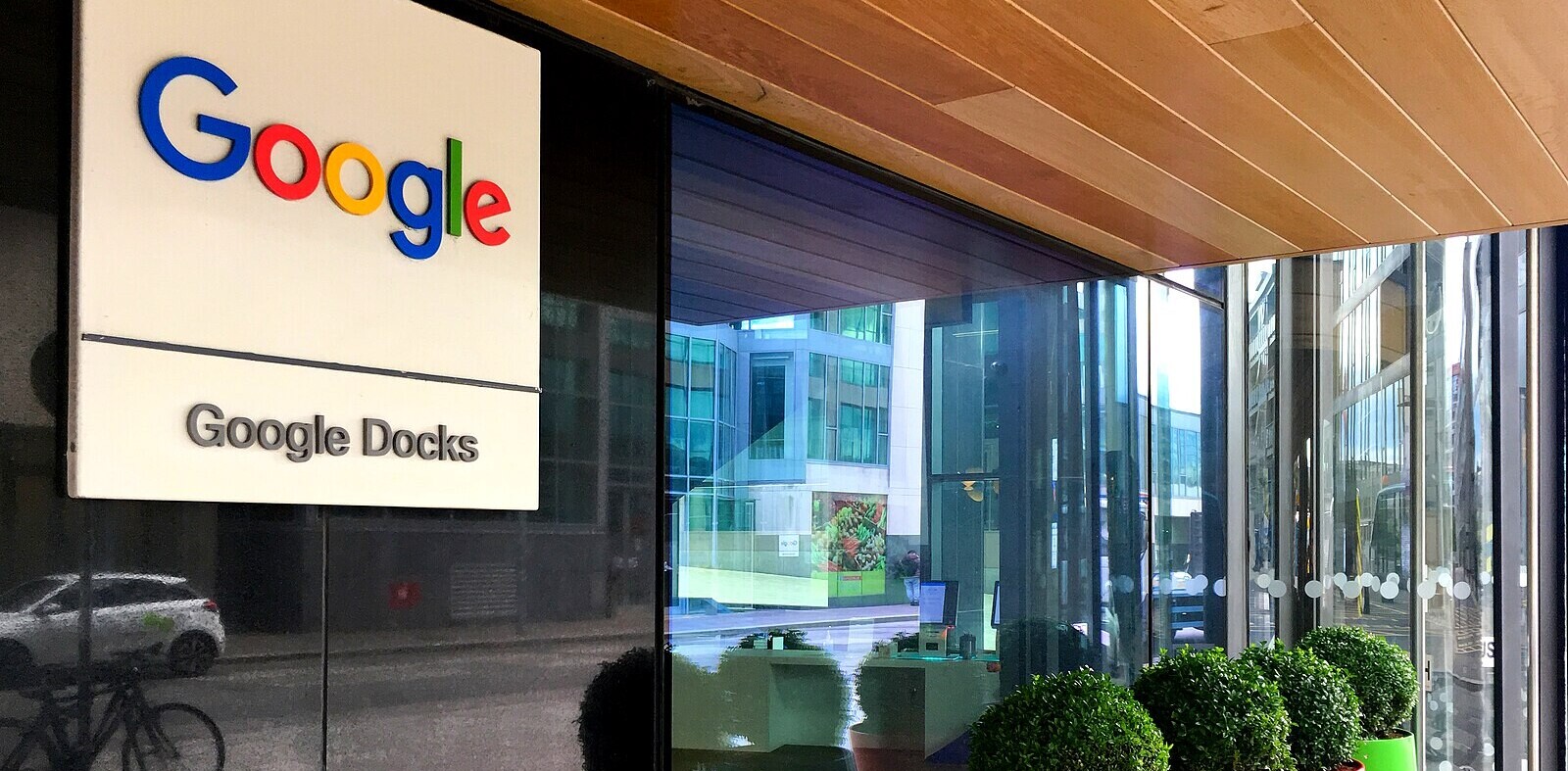
The thing about putting smart things on the internet is that other smart people are likely to do something even more interesting with it. It’s a bonus for sharing.
Earlier in the week we reported on the pretty epic interactive Google doodle that was an homage to Dr Robert Moog. The super cool landing page allowed visitors to mess around with a virtual Moog synthesiser and then share their noisy creation with others as an application recorded and played back the sounds (On a virtual reel-to-reel no less!)
One smart engineer is all it takes to push a project further of course. Karl Koscher is a Phd student studying computer security at the University of Washington, and he told TNW that it was partly his security skills that enabled him to work out the hack.
“They did some interesting things encoding the data and the URL so it took me a while to figure out how that was being done and once that was done it was fairly straight forward,” says Koscher. “I was taking a look at their javascript code and trying to reverse engineer how it worked. They run their source code through a compiler and that removes all the useful information like variable and function names. So it’s kinda hard, but once you start pulling it apart you can kinda make sense of it.”

So what inspired this work? Koscher says, “There’s a guy who works at Google, he’s a funny guy and he created this rendition of the ‘Leekspin music‘ from the online meme. I thought ‘you could do a lot better with this’ and I noticed that the data was encoded in the URL so I thought I might as well take a shot at making a MIDI file to URL converter for this. I felt inspired to come up with a better way of putting music into that doodle than tapping it out on a keyboard.”
Koscher has kindly shared his code via his Google+ account so that others can take a look and try for themselves.
So, after getting this neat hack up in three nights, is Koscker worried that Google might try to employ him? “I’ve done an internship at Google twice before,” he laughs. “I need to finish up my Phd now. But I would certainly open to doing that after I’m done.”
We’ll be keeping an eye out for the first Koscher Google Doodle in the future.
As ever, the Google Doodle has moved on from the front page of the search giant, but you can still mess about with oscillators to your heart’s content on the Doodle blog. If you’re still hungry for sounds, you might also like the Mo Beat Retro Synth app where you can get your fill of electronic fuzziness.
Get the TNW newsletter
Get the most important tech news in your inbox each week.




